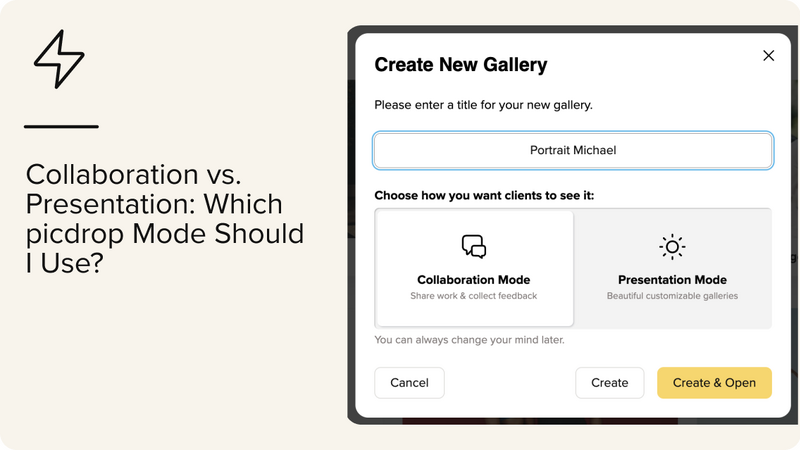Win-Win!
Photo Business With Representation
What you get out of representation and why you still need to make acquisitions
By Silke Güldner

Do you sometimes wonder how to advance your career as a professional photographer? One option is to be represented by a photo agency. It sounds appealing because you can focus on what you do best: photography. But is it really the best option for you? Here are some pros and cons to consider.
What a representation agency will do for you
A representation agency is an agency that places photographers with clients. They usually have good contacts with large advertising, fashion or editorial clients. They are less concerned with marketing your photos and more concerned with getting you new assignments that fit your portfolio, and also about negotiating your fees and organizing your productions. They can also give you feedback on your portfolio and help you find your niche. In short, a representation can give you more visibility, more sales, and more security.
What an agency expects from you
Representation agencies work primarily with photographers they can market well to the advertising industry and whose portfolios and images are innovative and creative. This is the only way to inspire and win demanding clients such as art producers or creative directors at advertising agencies. However, representation is not a magic bullet that will solve all your problems. It also requires a lot from you as a photographer; for example, you need to stick to your agreement and possibly specifications regarding your image style, the subjects of your work, your prices and your availability. You will also need to continue to do your own prospecting, as an agency will not bring in all of your clients. And you must be willing to invest in your equipment, training, and marketing. Finally, you will have to pay a portion of your income to the agency.
How to decide if a representation agency is right for you
Whether a representation agency is right for you depends on many factors. For example, your level of experience, your target market, and your personal preferences. There is no one-size-fits-all answer. You need to think about what you want from representation and what you are willing to do and invest in it. Some photographers are incredibly busy and travel from job to job. This is where a representation office can make your life easier by handling inquiries, communicating with clients, negotiating rates and preparing proposals for you.
How to find an agent
You should do some research to find out what types of representation are available and which ones might be right for you. It can be an advantage if the agency represents other photographers with a portfolio similar to yours. This is an indication that the market is promising and in demand, and that the agency already has good contacts in the area. Sometimes your portfolio may be the only one in the representative's team. This can be a good thing because it means you have less competition within your own ranks.
Also, ask your colleagues about their experience with their agent. They may be able to give you important tips or recommendations. Some agencies like to discover new photographers themselves, but I would still recommend that if you want to give it a try, apply and be convincing with both your portfolio and your words.
Nothing will come of nothing
To avoid disappointment, be sure to discuss your expectations and goals with the agency at the beginning of your relationship. To ensure that the agency can really do their work well and that you get the most out of it, provide them with all the necessary documents and plan upcoming tasks together, such as a portfolio tour to introduce yourself to the agency's clients. This also means that you are willing to invest in your portfolio and freelance work on a regular basis and support the marketing of your agency with your own (social media) activities.
It's a win-win situation.
Recap
- Rep agencies market photographers who shoot innovative and creative images.
- They expect you to produce freelance work and projects that create new marketing content and opportunities for clients.
- They value the personality and communication skills of photographers who need to work closely with art directors.
- Representation can bring photographers more visibility, more sales, and more security.
- A representing agency expects photographers to participate financially.



